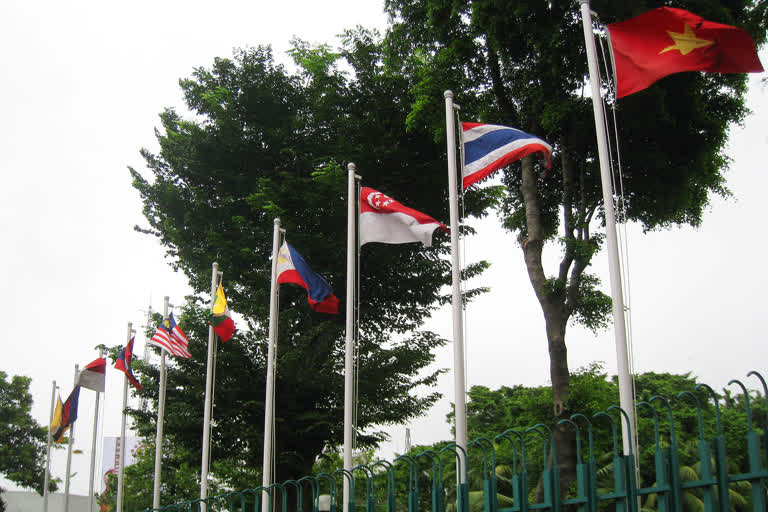New Delhi: The proposed Regional Comprehensive Economic Partnership (RCEP) agreement may hurt India's export competitiveness as the trade balance is already skewed, TPCI said on Tuesday.
Trade Promotion Council of India (TPCI) said that the proposed RCEP, which is a mega free trade agreement, could lead to flooding of goods in the Indian market from the member countries; and due to this, Indian negotiators need to move with caution on this.
The RCEP bloc comprises 10 Association of South East Asian Nations (ASEAN) group members (Brunei, Cambodia, Indonesia, Malaysia, Myanmar, Singapore, Thailand, the Philippines, Laos and Vietnam) and their six FTA partners - India, China, Japan, South Korea, Australia and New Zealand.
TPCI said in a statement that it is "apprehensive that the RCEP deal is expected to hurt India's export competitiveness as the trade balance is already skewed and there will be a flood of goods imports in the Indian market, with relatively little gains on the export front".
The council's Chairman Mohit Singla said India needs to move with optimism and caution on this mega trade agreement.
"For India, issues of tariff rate (import duty) are as important as other areas under negotiations, mainly because India does not have trade agreements into effect with all countries involved in RCEP," he said.
For instance, he said India does not have a trade agreement with China, and the negotiations with Australia and New Zealand have not come into effect.
He added that RCEP could have a "negative impact" on sectors like steel, pharma, e-commerce, and food processing.
Read more:Singapore, Canada seek to join WTO consultations over India's ICT products tariff
